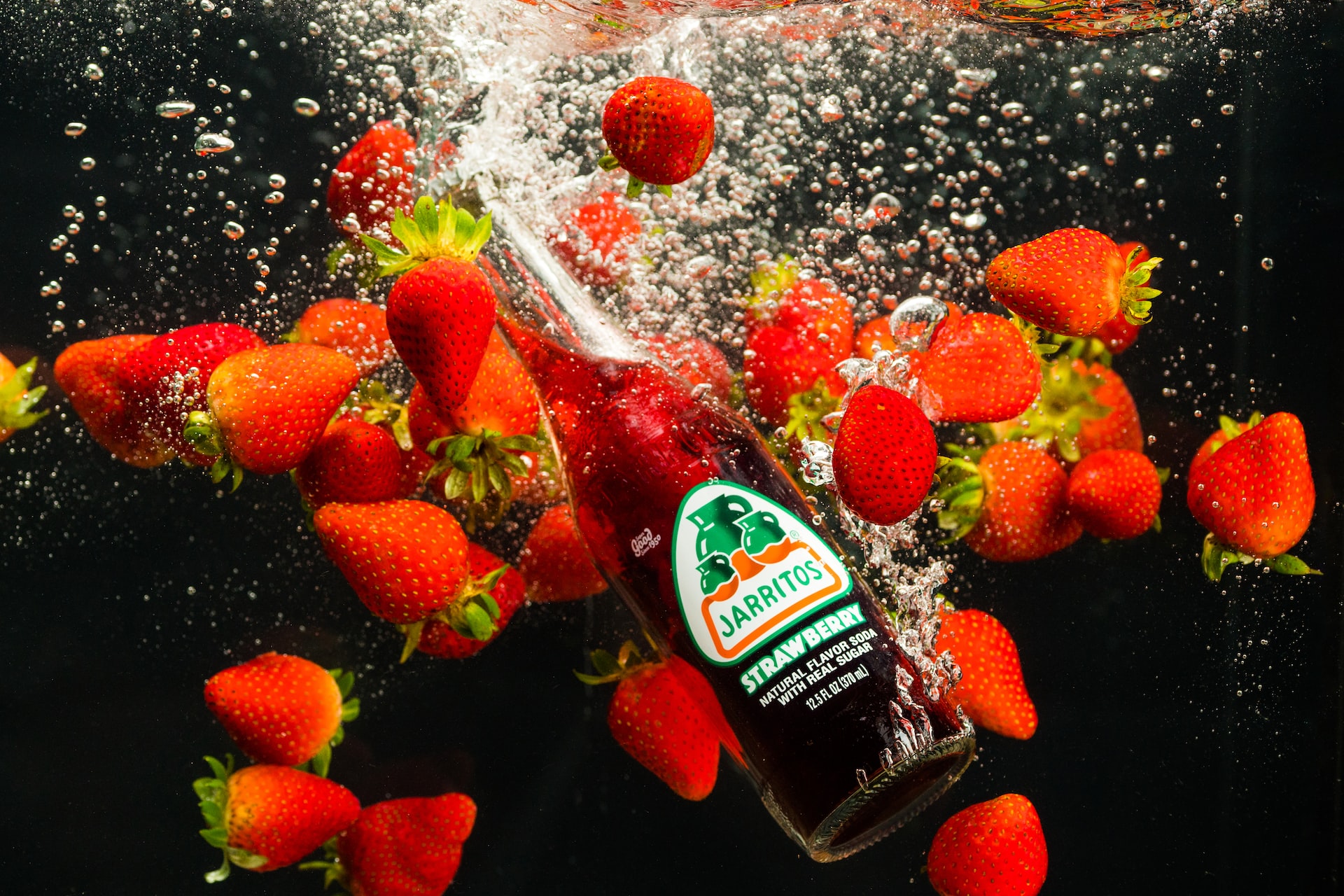Private labeling is when a company manufactures products that are branded with another company’s name and logo. Private labeling can be a great way to take your business to greater heights, or it can be a necessity for companies that lack production capabilities.
Shifting to Private Labeling for Your Blends
There are many benefits to private labeling, including increased brand recognition, a more comprehensive range of products to offer customers, and a more efficient production process. Private-label products can also be customized to meet the specific needs of your company, which can give you a competitive edge in the marketplace.
However, there are also some challenges that come with private labelings, such as maintaining quality control and managing inventory. With that in mind, it’s essential to consider what you can do to enter into a private-label relationship and ensure a smooth-sailing transition. If you are considering private labeling for your business, here are some things to keep in mind:
What to Consider Before Going for a Private Label for Your Blends
1. Identify the Costs of Private Labeling
If you already have a product or blend in mind that you would like to private label, then the first step is to determine the costs associated with private labeling. The costs can vary depending on the size and scope of your project, but there are some general things to keep in mind.
First, you must purchase the base product or blend from a supplier. The cost of the product will likely be higher than if you were to purchase it on your own, but this is to be expected.
Next, you will need to factor in the cost of packaging. This can include the cost of labels, bottles, and other packaging materials. Again, the cost will be higher than if you were to purchase these things independently, but it’s important to factor this into your overall budget.
Finally, you will need to consider the cost of shipping. This can be a significant cost if you are shipping internationally, so it’s vital to get quotes from several different shipping companies before making a final decision.
2. Curate the Products You Want to Private Label
Not all products are created equal, and some may be better suited for private labeling than others, so be sure to curate your list carefully. It’s also crucial to have a clear understanding of your target market and what they are looking for. Private-label products that are in line with current trends and meet the needs of your target market are more likely to be successful.
3. Create Unique Experiences to Strengthen Your Branding
Whatever you do, make sure you are consistent with your branding across all touchpoints. This includes your website, social media, and any other marketing materials you use. By creating unique experiences for your customers, you will be able to strengthen your branding and keep your customers coming back for more.
The Bottom Line: What It Takes to Private Label Your Blends and Why It’s Worth the Leap
The private label industry is booming, and for good reasons. Private label products are usually of comparable quality to national brands, but are often available at a lower price point. This makes them an attractive option for budget-conscious consumers.
In addition, private-label products often have unique features or formulations that set them apart from the competition. With that, private-label products can be a great addition to any business, but they require extra work to get started.
However, the potential rewards are well worth the effort. With a little bit of planning and execution, you can have a successful private label business up and running in no time.
If you’re looking for seasonings and spices in the USA to add to your cooking, look no further than Castle Foods! Not sure what you’re looking for? Our knowledgeable staff is always happy to help you find the perfect spice or seasoning for your needs. So come on in and explore the world of flavor with Castle Foods!


